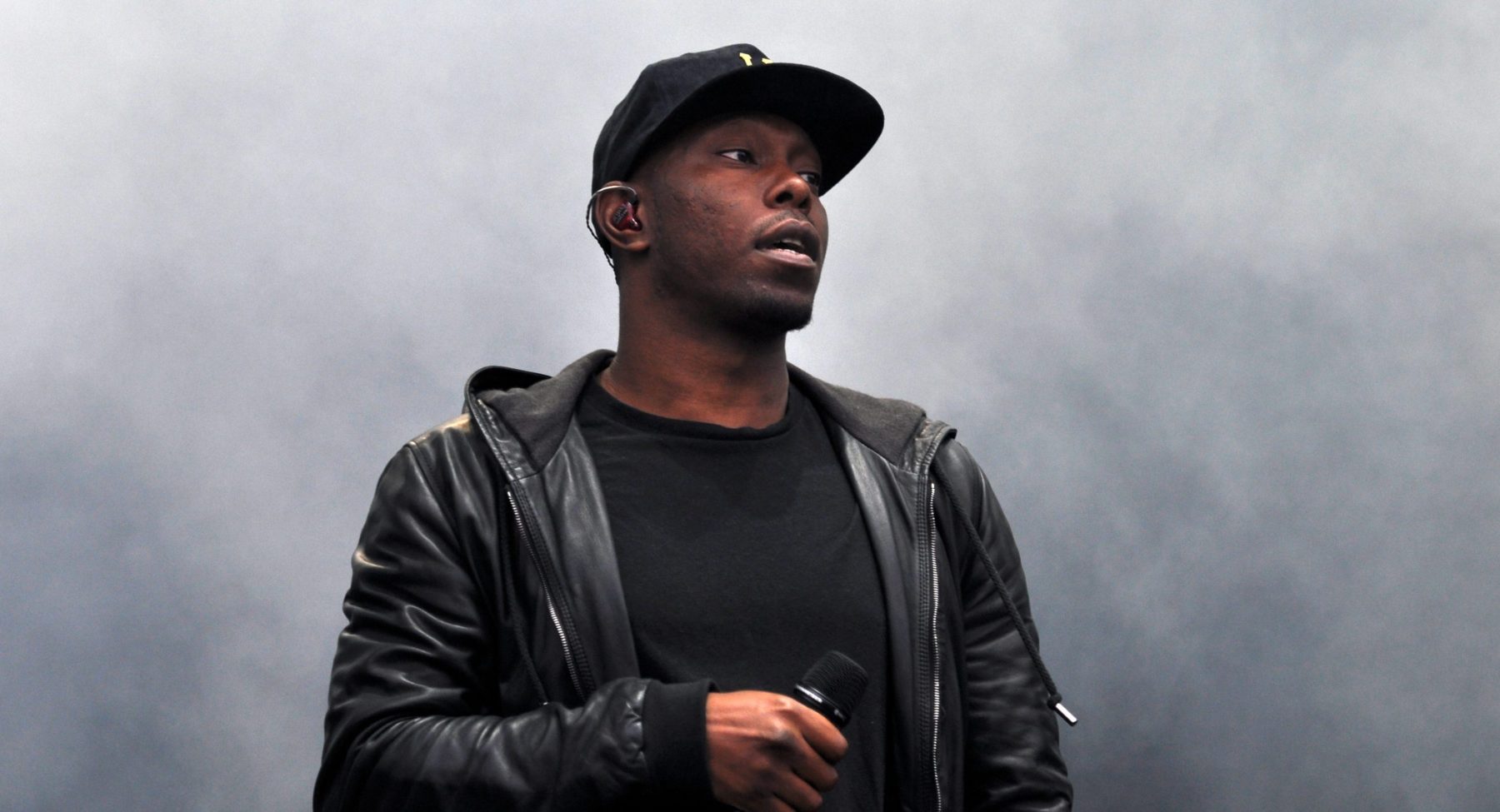Raskit – ‘A Dizzee Rascal Renaissance’ showing an uninhibited sense of identity
When Dizzee Rascal released Boy in Da Corner in 2003, what struck listeners most was that he seemed to run rings around every single instrumental. The highest compliment to give Rascal’s most recent effort, the first album in 4 years, is that he still has that power. Yet with Raskit, Dylan Mills only sometimes delivers the unique emotional energy and pathos that was present on his debut.
He’s been attacked for leaving grime behind for the money, but until a couple of years ago (when the videos for ‘Pagans’ and ‘Couple of Stacks’ seemed to mark a return to creative form) the major issue I had with his mid-career work was that it was boring. Take ‘Run This Town’ from 2013 album The Fifth: there are sparks of his usual lyricism, but the dull-deep-house instrumental and sickly sweet chorus diluted his admittedly sweet message. There’s a clearer identity on Raskit, with executive production from Rascal and primarily American contributors (Salva, Cardo) which weds contemporary hip-hop and grime sounds; nothing innovative, but it’s good fun.
There’s a clearer identity on Raskit…which weds contemporary hip-hop and grime sounds; nothing innovative, but it’s good fun
Early highlights on the album are ‘Space’, especially the hook where he asks for “an ounce of…space”, and ‘The Other Side’: ”don’t need a cosign from the mayor cos I got a pretty penny/I ain’t beggin in my spare time”. On the album one thing Rascal does consistently is associate himself with political power; when he says “you should call me your majesty/sometimes I feel like the world’s on my phallus”, and threatens to “pepper MCs with a couple nukes” it’s actually really entertaining. I usually don’t enjoy UK artists associating themselves with aristocratic power, but there’s a charm to Rascal describing himself as “Lord of the ward”. It’s a great example of the parochial humour which anyone from Britain will find in grime.
Another exceptional track is ‘The Other Side’ – with the stripped-down grime instrumental and descriptions of pain and paranoia past, combined nicely with the not-too-convincing refrain: “but it’s all in the past/so settle off your arse/reminisce and raise your glass”. The paranoia and disillusionment is much more clear-cut and openly expressed on ‘Everything Must Go’, which is both a rousing political tune and an indictment of the vapidity of fame – seriously, go and listen to it right now if you’re on the fence about whether to listen to the album! On this track the lineage between Boy in Da Corner is most clear: no one has come close to Rascal in expressing disillusionment, and this song is the spiritual sequel to that album’s opener ‘Sittin’ Here’.
Even on weak points like ‘What You Gonna Do’ (he fails to keep pace with the monster instrumental) and ‘Business Man’, my objections are generally limited. On the latter, I like that he plays with the Jay-Z line ‘I’m not a businessman I’m a business, man’, but referring to himself as a brand is not cool, it’s risible. Another brilliant song with an element of disappointment is ‘Slow Your Roll’ – “the heart got ripped out and rinsed out/some got shipped out, kicked out” ends a really eloquent summary of gentrification and the violence against the poor in London. But there’s something really empty about this quite rich man just encouraging people to shut up and make money (“Slow your roll and get dough”) – is it really that simple? The same vapidity that he criticises earlier seems to him the only solution; in a year of grime artists being overtly political, Rascal gives a great analysis of a situation but shuns creative solutions in favour of somewhat empty capitalist sentiment.
…in a year of grime artists being overtly political, Rascal gives a great analysis of a situation but shuns creative solutions in favour of somewhat empty capitalist sentiment
Overall, the album is remarkably entertaining for 57 minutes of one man rapping. Rascal has shown that he still has a lot to add to the music scene, even if he is bizarrely disparaging, for example of young MCs having ‘prepared bars’ for radio sets. While there is a lot to criticise, that is partly because he isn’t afraid of showing the audience who he is, and there is a clear sense of identity and a verbal diarrhoea which is thrilling at times. A Dizzee Renaissance, then, is the latest twist in the direction of British music, even if this album is little more than an update, a well-timed reminder of what he is and was.

Comments